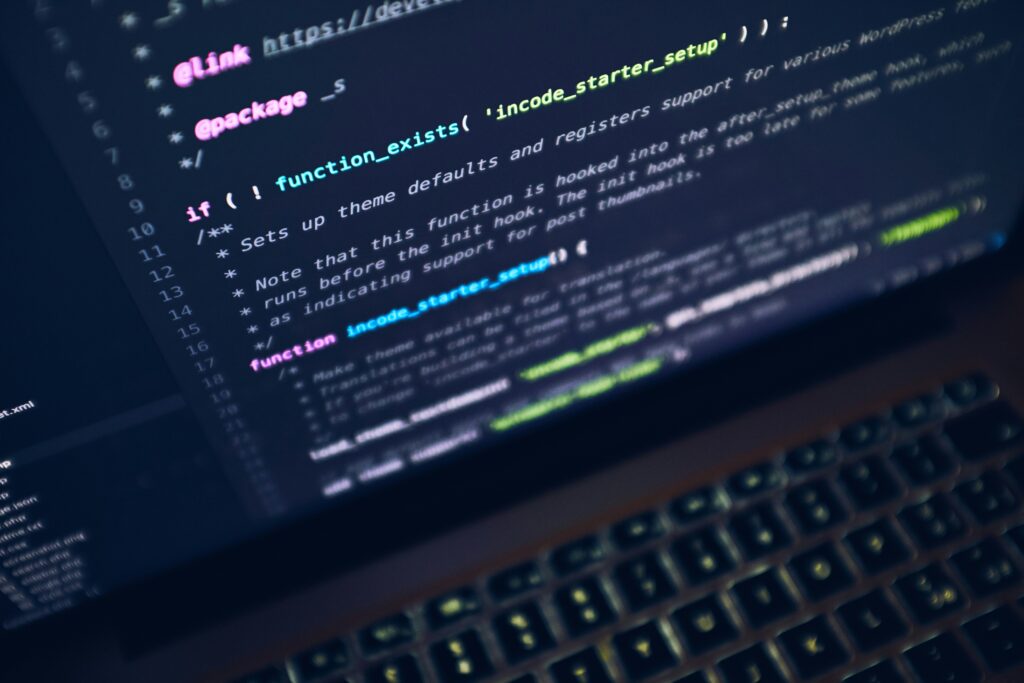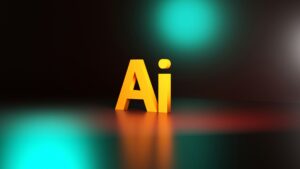Have you ever imagined a world where machines could learn and improve themselves without human intervention? Well, that future is closer than you think, thanks to the marvels of artificial intelligence (AI) and machine learning.
In recent years, AI has made significant strides in various industries, from healthcare to finance and beyond. One of the most intriguing developments in this field is the rise of autonomous machines that can learn from their experiences and make decisions without being explicitly programmed to do so.
According to a report by McKinsey, the market for AI and machine learning technology is expected to reach $126 billion by 2025, showcasing the growing demand for intelligent machines in various sectors. As Andrew Ng, a prominent AI researcher, puts it, “AI is the new electricity. Just as electricity transformed industries in the past century, AI will have a similar impact in the coming years.”
While the idea of machines becoming autonomous may sound like something out of a sci-fi movie, the reality is that AI-powered technologies are already changing the way we live and work. From self-driving cars to personalized shopping recommendations, AI is reshaping our world in ways we never thought possible.
As we navigate this new era of intelligent machines, it’s essential to consider the ethical implications and ensure that AI is used for the greater good. By embracing AI and machine learning responsibly, we can unlock a future where technology enhances our lives and empowers us to tackle complex challenges with newfound efficiency and creativity.



